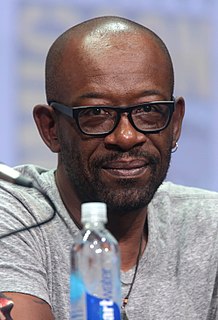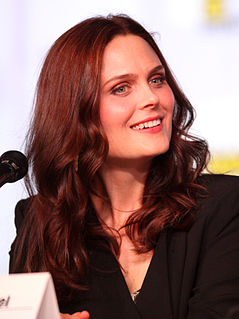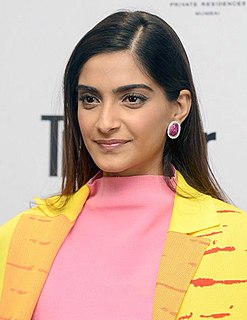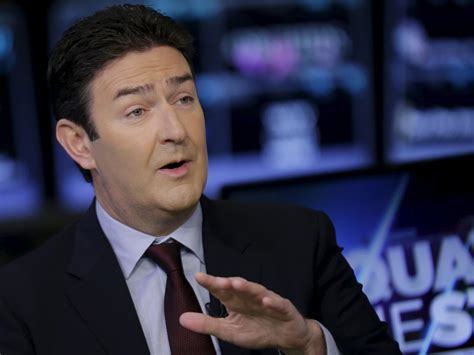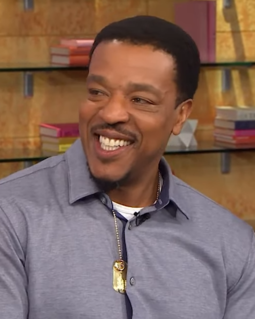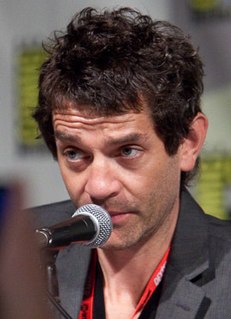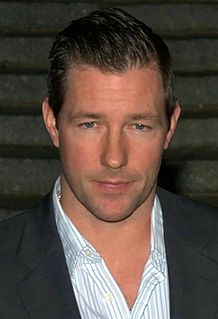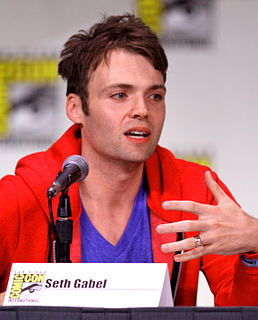A Quote by Jaideep Ahlawat
You get more time to see the growth of a character in a series, there's no scope for that in films.
Related Quotes
Today I said to the calculus students, "I know, you're looking at this series and you don't see what I'm warning you about. You look and it and you think, 'I trust this series. I would take candy from this series. I would get in a car with this series.' But I'm going to warn you, this series is out to get you. Always remember: The harmonic series diverges. Never forget it."
You get to know a character that you play on-stage in a pretty profound way over a length of time. I don't want to sound highfalutin and say you become the character, you just start bringing more and more of yourself to the part until the character and actor, it's hard to tell them apart. It's some weird amalgam. In film, because of the period of time, I don't know that you ever get that deep into it.
That movie [A Series of Unfortunate Events] told four books in two hours, and we have two hours per book. So we have eight hours to tell four books, and if people watch we'll get to tell more of them. There's only thirteen books, so there's only going to be two more seasons, but that allows for a lot of time to be in character and to maintain character.
I think hopefully as you're getting older you're getting parts that require more preparation, and by that I just mean - I don't know, usually the older you get you get characters with more responsibility. Each one is different, there are certain movies that when the guy starts you pretty much come with that character on page one and then you see their growth, whereas other guys a lot has happened before that movie starts and you have to come in with something.

